How AI Detects Student Engagement to Transform Classrooms
Digital Promise
JULY 3, 2024
The post How AI Detects Student Engagement to Transform Classrooms appeared first on Digital Promise.
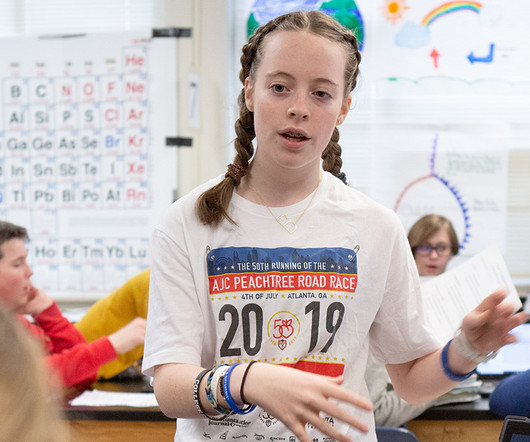
Digital Promise
JULY 3, 2024
The post How AI Detects Student Engagement to Transform Classrooms appeared first on Digital Promise.
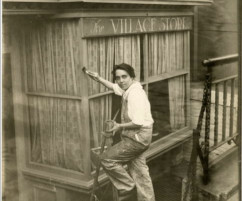
Women's History Network
JULY 3, 2024
Wednesday, 10 July 2024, at 4pm BST/GMT+1 Sign-up now for our online-only zoom webinar here. Postcards from the Smock Colony: Jessie Tarbox Beals’ photographs of Bohemian Greenwich Village In 1917, Vanity Fair christened New York’s vibrant bohemian Greenwich Village neighbourhood ‘the smock colony’.
This site is protected by reCAPTCHA and the Google Privacy Policy and Terms of Service apply.

Anthropology.net
JULY 3, 2024
Modern humans carry a surprising legacy from our ancient cousins, the extinct Neanderthals. A new study 1 suggests that archaic genes, inherited through interbreeding tens of thousands of years ago, may influence our susceptibility to autism. The Genetic Legacy of Interbreeding Neanderthals, a distinct species from modern humans, interbred with early Homo sapiens after they left Africa and before spreading across Europe and Asia.
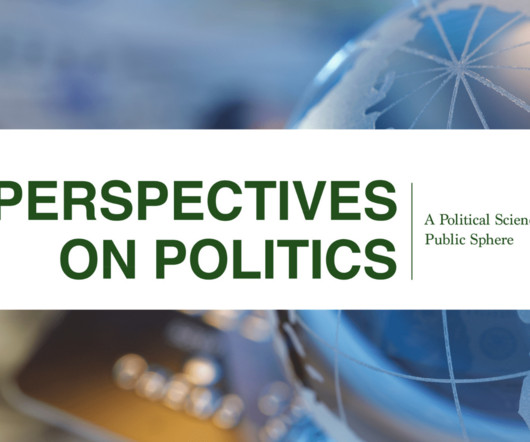
Political Science Now
JULY 3, 2024
Other People’s Terrorism: Ideology and the Perceived Legitimacy of Political Violence By Julie M. Norman , London’s Global University When do Americans view political violence as legitimate? In this article, I use experimental methods to examine public perceptions of domestic political violence perpetrated to advance right-wing or left-wing agendas.
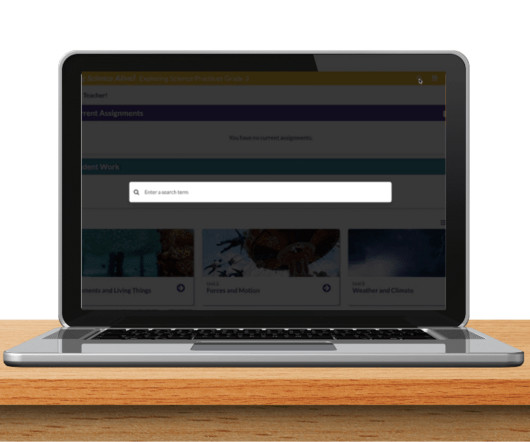
TCI
JULY 3, 2024
Feature Spotlight: Find Content Easily Using Search Need to find something specific in your TCI program? Use the new search feature to quickly find where people, key events, and vocabulary terms are covered in your program. You can also filter results by language (English or Spanish) or by content type. Updates and Teacher Requests Editable Questions in Video Activities: You can now edit questions in Video Activities.
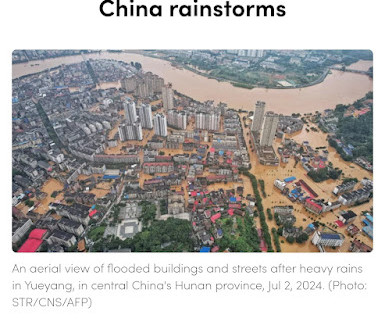
O-Level Geography
JULY 3, 2024
What are the extreme weather experienced by Eastern China? What are the impacts of the extreme weather?
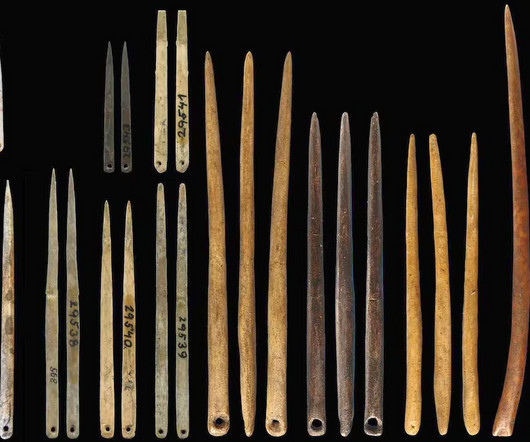
Anthropology.net
JULY 3, 2024
A hole in a bone awl must have been one of the great drivers of human expansion in its beginnings. For hundreds of thousands of years, early hominid species did not need much shelter; the climate in most of Africa made it unnecessary. However, as they expanded further north, the fossil record shows how they became sheltered. No clothing has been preserved, but an increasing number of tools to make it have been found.
Social Studies Network brings together the best content for social studies educators from the widest variety of thought leaders.
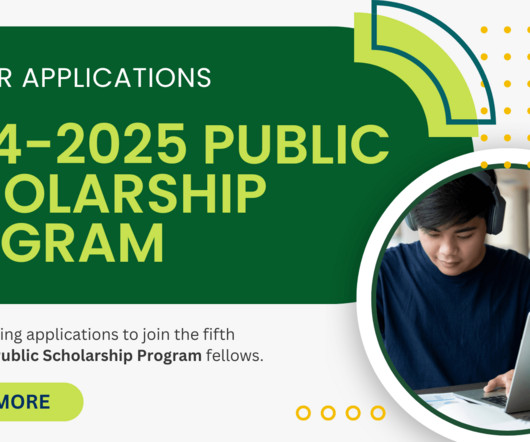
Political Science Now
JULY 3, 2024
The APSA Public Scholarship Program is a remote fellowship that introduces political science graduate students to the intellectual and practical aspects of presenting academic scholarship to the public. During the fellowship period, fellows focus on producing public-facing summaries of political science research. This involves communicating with journal editors and authors under the supervision of APSA staff.

Women's History Network
JULY 3, 2024
32nd Women’s History Network Annual Conference Hosted with the Bedford Centre for the History of Women and Gender at Royal Holloway University, 5-6 September 2024 Women’s History Network and the Bedford Centre for the History of Women and Gender look forward to welcoming you to Royal Holloway, University of London, which will be celebrating 175 […]
Let's personalize your content